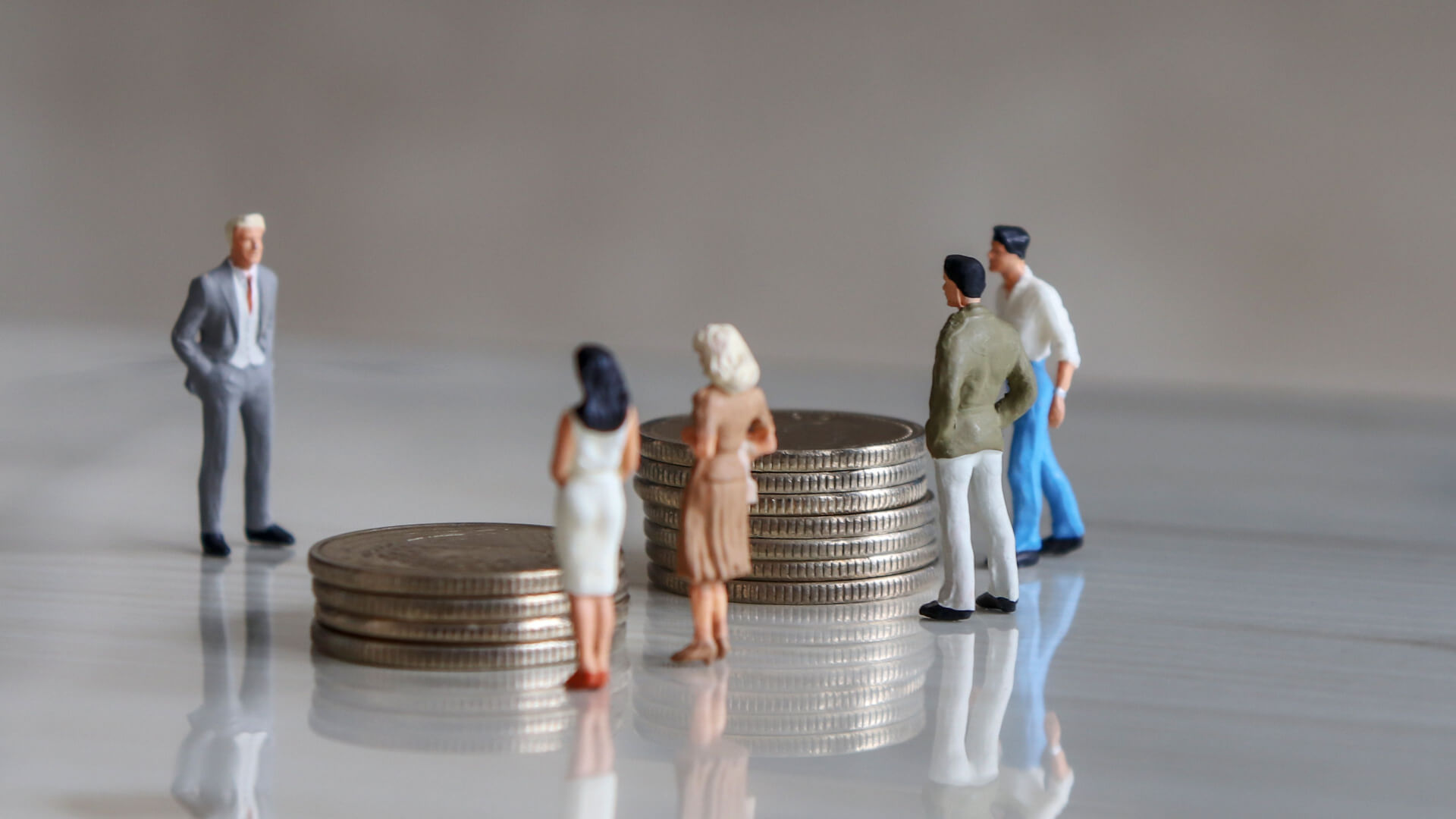At Barrett & Farahany, we often talk about the effects of workplace discrimination and its many different forms, but one that is typically overlooked is unconscious bias. By definition, unconscious bias occurs when someone doesn’t realize they are being biased even when their decisions and actions are affected by it.
Unconscious bias works in many different ways, some of which are forms of workplace discrimination. If you’ve never heard of unconscious bias, or are not familiar with how it can affect you or the workplace, the employment law attorneys at Barrett & Farahany can help. You may be experiencing it yourself, and if you’ve suffered because of unconscious bias, you may be able to seek damages.
What is Unconscious Bias in the Workplace?
Unconscious bias in the workplace can be a form of discrimination that occurs when employees and/or employers make decisions or act based on preexisting beliefs about certain people or groups without consciously realizing it. While it may not seem as malicious as someone who is purposely biased, it can have similar effects on other people in the workplace.
Difference Between Unconscious and Conscious Bias
On paper, the difference is that you are aware of one and not the other, but how can you tell when this is the case? Studies, as reported by the Harvard Business Review, would suggest that unconscious biases work quite differently from conscious ones.
In the report, studies showed that people found it difficult to empathize with those they perceived to be in similar situations to them. For example, those who had experienced divorce were less likely to show empathy or compassion to someone currently going through one. They would treat them differently, in that they would be harder on them and less likely to cut them any slack.
This study suggests that people will forget an aversive experience, either to move past it or downplay their own suffering to help themselves. By happenstance, they also decrease their ability to be empathetic, developing an unconscious bias against those in similar situations.
In the workplace, this can take the form of discrimination against those who are in the same protected group or someone who has experienced the same mistreatment, not respecting a fellow victim’s feelings. This can lead to situations of same-race discrimination, sexual harassment, and assault victims victim-blaming others. This study may also suggest that unconscious biases happen between those of the same protected class just as much, if not more than, those of differing protected classes.
How Does Unconscious Bias Affect the Workplace?
Unconscious biases are shaped by our past experiences, upbringing, and exposure to media and popular culture. These biases can have a huge impact on how we perceive, interact with, and make decisions about people in the workplace. This can lead to companies developing several workplace habits that significantly affect the workplace. Examples of this include:
- Hiring candidates over others based on stereotypes rather than ability and experience.
- Promoting individuals who fit a certain mold rather than their work performance.
- Pay disparities between employees of different genders or races.
These may sound like symptoms of conscious bias in the workplace, but the difference is that managers and higher-ups who are empowering and employing these forms of workplace discrimination may be of the same protected class as those they’re hurting. This can complicate matters when trying to prove workplace discrimination and require the help of attorneys with the necessary experience and investigative prowess.
How to Avoid Unconscious Bias in the Workplace
To prevent unconscious bias from taking root in the workplace, organizations can start by educating their staff on what it is and how it manifests itself in everyday life. Many don’t realize that they’re being unsympathetic to those like themselves, and, inadvertently, also being unsympathetic towards themselves.
This is a deeper psychological issue that companies cannot simply stamp out on an individual level. They must have policies in place that remove a bias’s ability to sway someone’s treatment or the company’s decision-making processes.
Examples of this can include:
- Standardized pay: People are paid based on experience and performance, which is measured mathematically. This can be done in a way completely divorced from a person’s personal situation, appearance, and position or lack thereof in a protected class.
- Standardized promotions: People are considered for promotion based on job performance and experience. If an individual does not meet certain standards in both categories, they can’t be considered. This keeps the pool of potential candidates contained only to those who earned it.
- Standardized reviews: There are ways for individuals to purposely and accidentally circumvent these systems, so they should be reviewed semi-regularly by diverse third-party organizations. These third parties should review whether or not the recordings and calculations of the previous two systems are accurate. Then they should review the backgrounds of those who record the calculations and who is being calculated to ensure fairness.
What Should You Do If You Believe You Are Suffering From Unconscious Bias?
To understand if unconscious bias is prevalent in your workplace, you need to contact an attorney. After a thorough consultation, you’ll understand what kind of evidence you need and what signs to look for. Once you collect evidence, you and an attorney on your side can determine what kind of discrimination the bias stems from.
From there, with the help of an employment law attorney, you can file a lawsuit for workplace discrimination. In a lawsuit, you can seek damages for the injustices you have endured. To get what you deserve, you need Barrett & Farahany. Our attorneys provide legal services across multiple states and have extensive, unparalleled experience. If you need help, contact us today.


